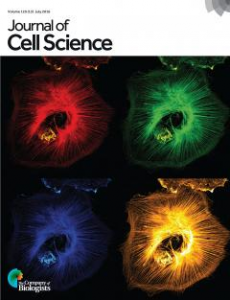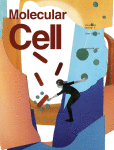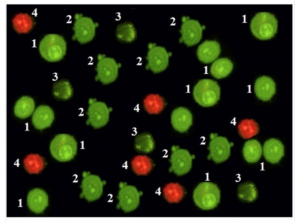
Several years ago, a UK academic living in Thailand for decades decided to expose the fact that a Thai official had plagiarized his PhD thesis. And he’s paid the price. Last year, Wyn Ellis was held in a Thai airport for five days, as officials claimed he was a “danger to Thai society.” As some new developments have emerged in the case, Ellis ponders the after-effects of his actions.
This month marks the 4th anniversary of the very public revocation by Chulalongkorn University of the PhD degree of Supachai Lorlowhakarn, the former director of Thailand’s National Innovation Agency (NIA), for ethical violations, and plagiarism of his thesis.
For me, as the original whistleblower who first alerted authorities to the problems with Lorlowhakarn’s PhD thesis, the knowledge that justice was eventually served is far from cause for celebration. Indeed, the Byzantine twists and turns, the lawsuits, surveillance, physical attacks, and even death threats over the past nine years have — without a doubt — taken their toll on my family and I, and should serve as a salutary lesson to anyone harboring naive notions of civic duty. This was certainly my own motivation back then, as an advocate and passionate supporter of Thai science and innovation.
Here are some of the threats I encountered: Continue reading Broken windows, threats, and detention: Is whistleblowing worth it?







